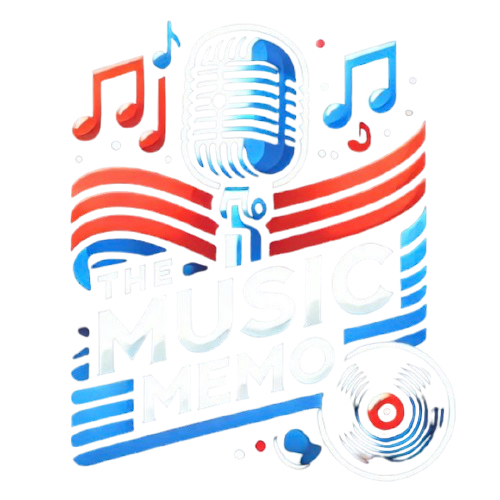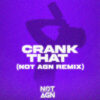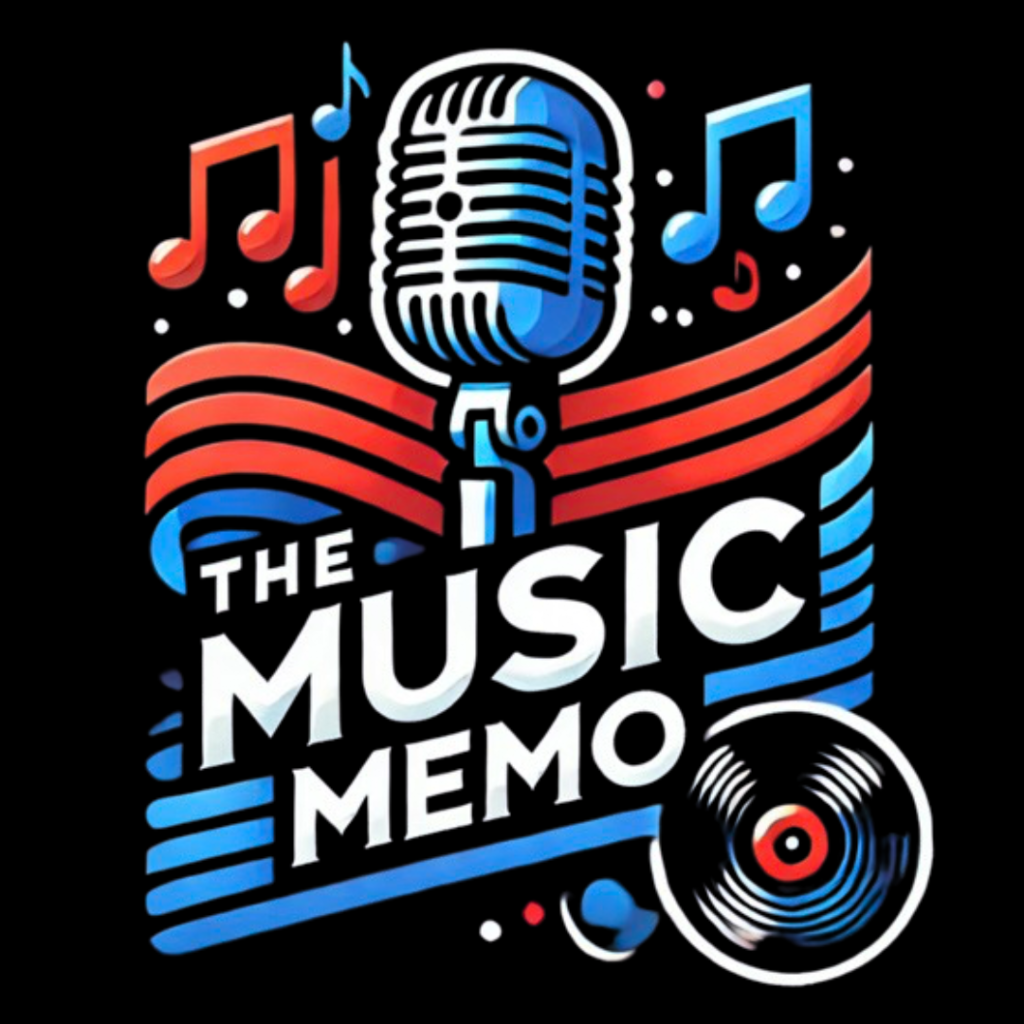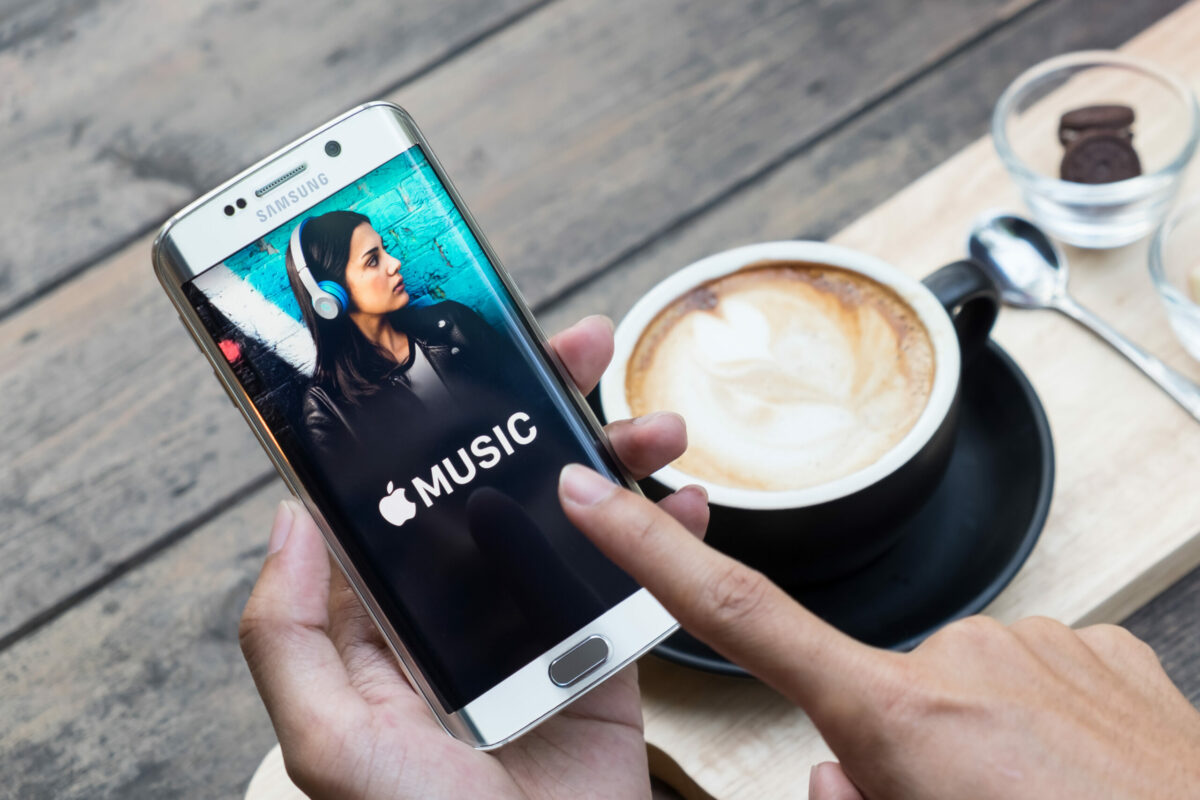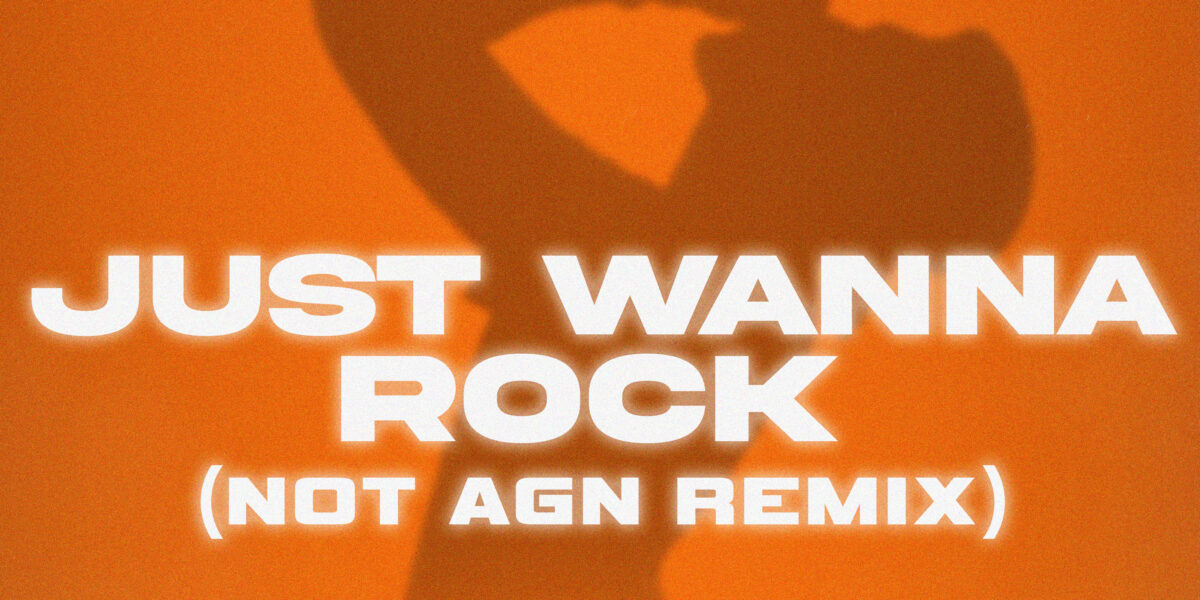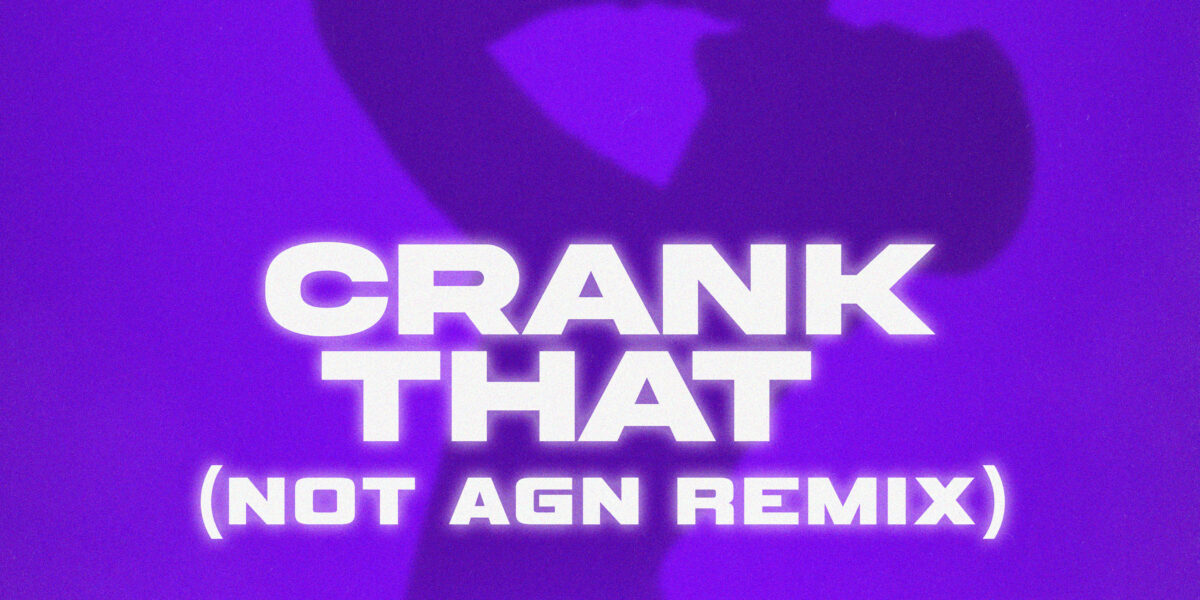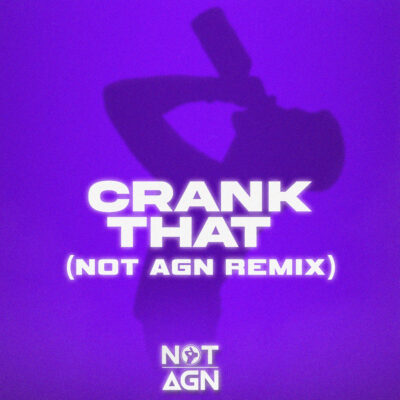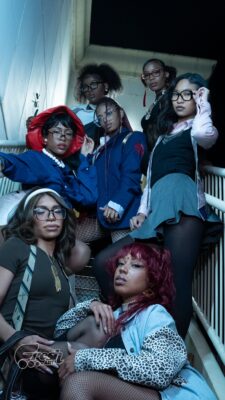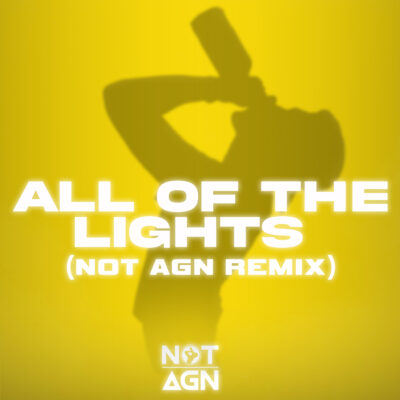“These consequences will undoubtedly impose a tremendous burden on the USPTO, applicants and trademark owners, and greatly complicate the application process and risk assessment based on a patchwork of alleged rights, all of which It will have a significant impact on the market.” – Apple Petition for Reconsideration
Last week, Apple filed a petition with the US Court of Appeals for the Federal Circuit (CAFC) to review its ruling that effectively canceled Apple MUSIC’s trademark application. The petition asks the court to reconsider the case to direct the Trademark Trial and Appeal Board (TTAB) to narrow down the services listed in the trademark application so it can proceed to registration. .
In April, the CAFC overturned the TTAB’s decision to dismiss an opposition filed by Apple JAZZ trademark owner Charles Bertini to Apple’s trademark application.
Originally, the TTAB allowed APPLE MUSIC’s trademark application because Apple had the right to obtain an August 1968 priority date under its trademark rights to the “APPLE” trademark.[g]”Lamophone Records Featuring Music” and “Audio Compact Discs Featuring Music”.
However, the CAFC “allows Apple to claim absolute priority for all services listed in the application based on a priority designation for one service listed in the application.” What it did was legally erroneous by the Board.” The trademarking of one good or service does not give priority to all other goods or services in a trademark application. “
Apple has asked the CAFC to remove the ” “.[a]Planning, planning, directing and presenting concerts [and] To avoid this ruling, we removed “live music performance” from the services listed in our APPLE MUSIC trademark application. Apple believes this will allow the application to proceed, as Bertini has not established priority over the other services listed in the application.
Apple filed trademark application number 86/659,444 for APPLE MUSIC as a music streaming service in 2015. Bertini has held his APPLE JAZZ trademark for entertainment services in New York since 1991. In 2016, he challenged the federal registration of his APPLE MUSIC by Apple, Inc., as he unknowingly had no federal registration, and at the same time he applied for the registration of APPLE JAZZ.
According to the CAFC’s website, petitions for reconsideration “are rarely successful because they typically do not articulate sufficient grounds for granting the petition.”
Possibility of precedent
Apple’s attorneys argue that the appeal should be heard because it “requires answers to very important precedent questions.”
To stop Apple’s trademark application, Bertini only had to prove that his trademark would be used preferentially for one of the services listed in Apple’s application. According to the CAFC, he will certify that his APPLE JAZZ mark takes precedence over his Apple application for services listed for “production and distribution of sound recordings.” Successful. I arrange, plan, conduct and present live music performances. “
Apple is now seeking to remove these services from their applications and would like the CAFC to rule on how the TTAB should proceed in such circumstances. At the heart of the matter, Apple’s attorneys said, “The panel remanded the matter because it found that the applicant’s priority was lacking in only one of several categories of services identified in the trademark application. , direct the (TTAB) to remove that category from the applications challenged.” Would you like to select a category and allow the application to continue subscribing to the rest of the services?”
Apple argued that the fact that Bertini had priority to only one of the 15 service categories listed in the APPLE MUSIC trademark application strengthened its claim. Further, Apple said that rejecting the application in this manner could result in rejection of trademarks for services for which the applicant has priority.
Apple went on to say that “its findings directly contradict the Commission’s own reasoning and violate the notions of fairness and due process considered in trademark rules, the Lanham Act, and federal lawsuits.” rice field.
No notification
Apple’s second major claim is that it did not provide notice that the application would be denied unless the live performance service was removed. According to the petition, Apple was the first applicant to be subject to the new temporary attachment standard, and the CAFC said the applicant “simply because it has priority by virtue of a single product temporary attachment”. and does not have priority for any goods or services in the application.” or the services described in that application. “
Further, Apple has generally asserted that Bertini “has priority with respect to the categories of services set forth in the application, and that live performance services have never been specifically identified by either party. neither was there,” he wrote.
As a result, Apple claimed that it had not received notice that the application would be rejected if the duplicate services were not removed.
Apple concluded by saying that the CAFC’s decision will generally confuse prospective trademark applicants. The decision, as it stands, would hinder brands’ ability to later secure trademarks related to their priority goods and services, according to the company. Apple also believes that trademark applicants are encouraged to file separate applications for each product or service to avoid priority conflicts that may hinder large filings.
“These consequences undoubtedly impose a tremendous burden on the USPTO, applicants and trademark owners, and greatly complicate the application process and risk assessment based on a patchwork of claimed rights, all of which are It will have a significant impact,” he wrote. apple.
cancel action
Separately, Bertini filed a revocation suit with the TTAB to cancel Apple’s registration. This is cited by both Apple and his USPTO as an obstacle to registration of the APPLE JAZZ mark due to possible confusion between marks. Bertini’s revocation action is based on non-use/waiver, alleging that Apple, Inc. has never used the trademark in the entertainment services commercial field shown on the registration certificate.
The trial ended on February 23, 2021, but a ruling has yet to be handed down, despite the TTAB’s statement that the trial would normally be decided in 12 weeks.
Mr. Bertini also filed a motion for reconsideration on February 17, 2022, but has not yet received a decision, even though motions are usually decided within 12 weeks. Bertini’s motion claims:[t]These actions by TTAB demonstrate prejudice in favor of Apple and violate Bertini’s constitutional rights to legal proceedings. “
Bertini filed a petition on May 4, 2023 with U.S. Patent and Trademark Office Director Cassie Vidal asking him to intervene in the lawsuit and make a decision.
Image Source: Deposit Photo
Image ID: 90814464
Author: itchaz.gmail.com
